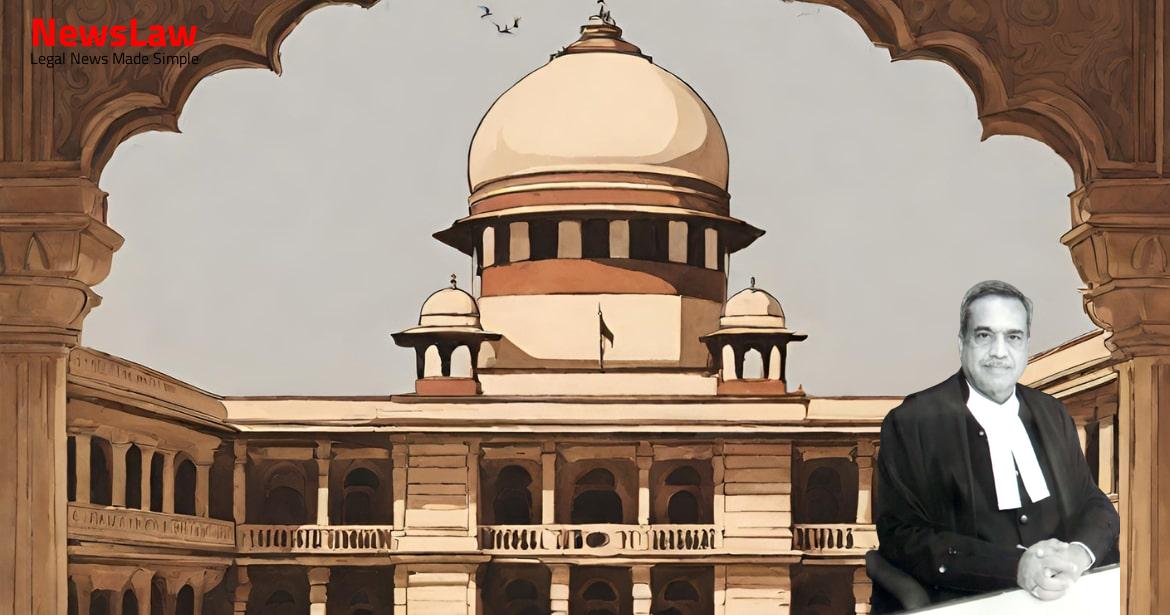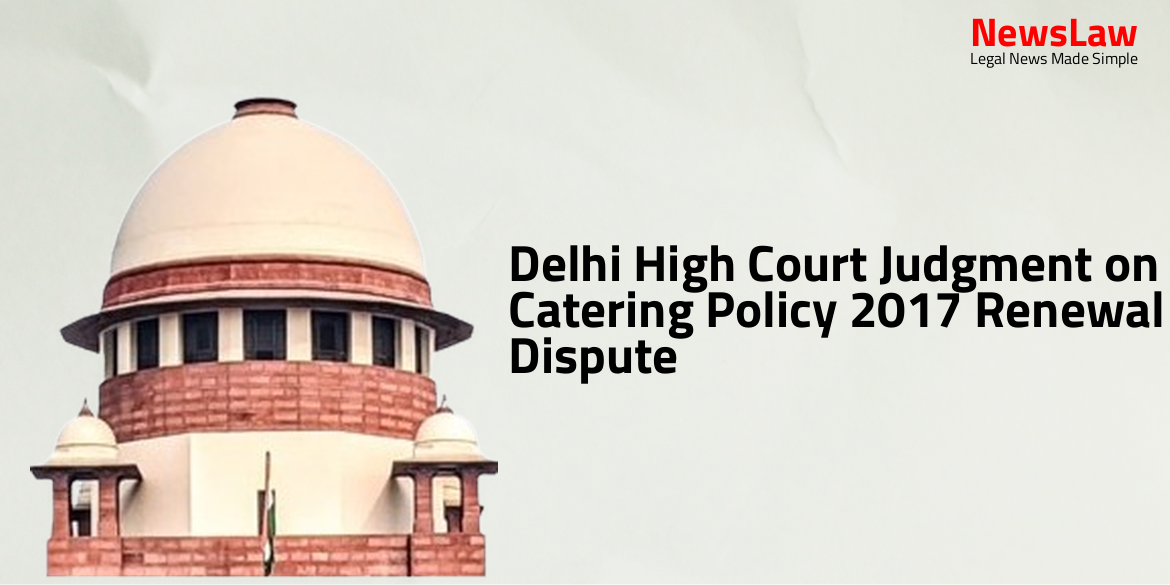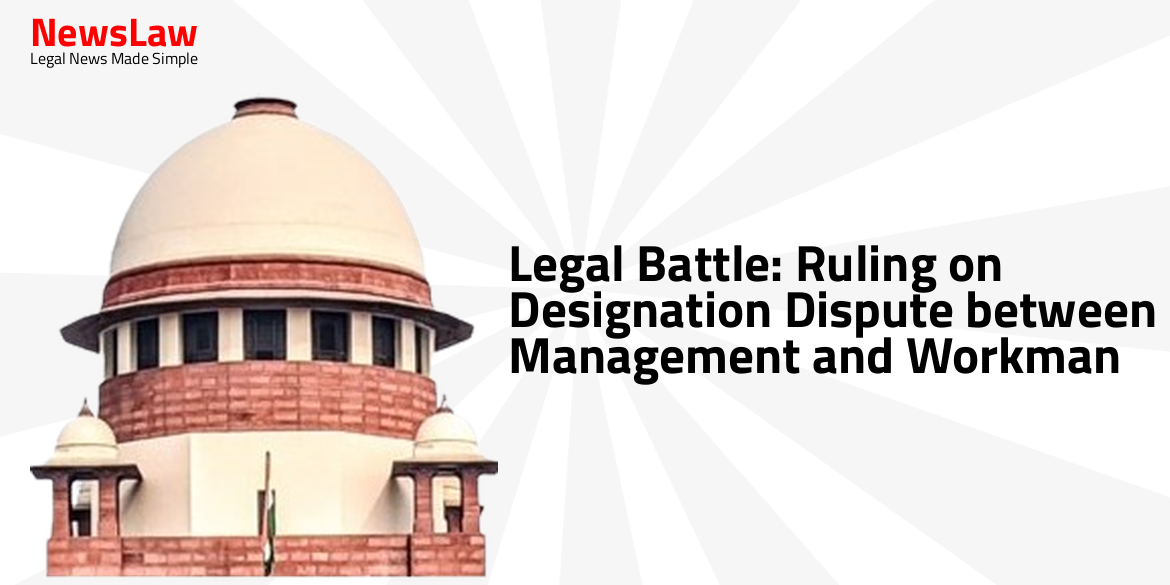However, Somalanayak sold the land under registered sale deed dated 20.02.1964 to one Bomme Gowda.
Section 5 thereof, titled ‘Resumption and restitution of granted lands’, provides under sub-section (1) to the effect that, on an application by any interested person or on information given in writing by any person or suo motu, and after such enquiry as he deems necessary, the Assistant Commissioner is satisfied that the transfer of any granted land is null and void under Section 4(1) of the Act of 1978, he may, by order, take possession of such land after evicting all persons in possession thereof, in such manner as may be prescribed, and restore such land to the original grantee or his legal heir. By order dated 12.12.2008 passed therein, the Sub-Divisional Officer held that the original grant was made under the Depressed Class Rules in favour of Somalanayak, who belonged to a Scheduled Caste, and it was therefore covered by the prohibitory mandate of Section 4 of the Act of 1978. While so, Neelyanayak, respondent No.5, filed Writ Petition No.27293 of 2015 before the Karnataka High Court stating that he had submitted representation dated 11.08.2014 to the Assistant Commissioner, Sub-Division Tarikere, seeking restoration of the land pursuant to the order dated 12.12.2008 passed in Case 3 No.SC/ST.19/2007-08 and complaining of inaction thereon. It is against the order dated 01.07.2014
in Writ Appeal
No 1500 of 2010 and Misc.W.No.6108 of 2010 and the order dated 14.09.2015 in Writ Appeal
No 2662 of 2015, passed by the Karnataka High Court, that the appellant has filed the present appeals. S.N.Bhat, learned senior counsel, is that the long delay on the part of respondent No.5 in initiating proceedings under Section 4 of the Act of 1978 should be deemed fatal, as more than 43 years had 4 passed by and the land had changed several hands.
In W.A.No.1500 of 2010 filed against the said judgment, the appellant again raised the ground that, after 50 years respondent No 5 had raised a dispute before the authorities. State of Karnataka and another [(2020) 14 SCC 232], this Court noted that Section 4 of the Act of 1978 did not prescribe the period within which an application thereunder could be made nor did it prescribe the period within which suo motu action could be taken, but held that an application for resumption of land under Sections 4 and 5 of the Act of 1978 made after a delay of 25 years would be barred and no annulment of the transfer could be granted thereon. Deputy Commissioner and others
[(2020) 14
Also Read: https://newslaw.in/supreme-court/modification-of-final-order-for-placement-of-sale-proceeds/
SCC 236], this Court reiterated the settled legal position that irrespective of whether a statute provided for a period of limitation, provisions of the statute must be invoked within a reasonable time. This Court, therefore, had no hesitation in holding that the application for restoration of the land made after a delay of 25 years was liable to be dismissed on that ground. This Court, therefore, noted that annulment of the sale transaction 7 was sought 21 years after the Act of 1978 came into force and 30 years after the transaction itself.
Case Title: SHAKUNTALA Vs. THE STATE OF KARNATAKA (2023 INSC 450)
Case Number: C.A. No.-001061-001063 / 2019



